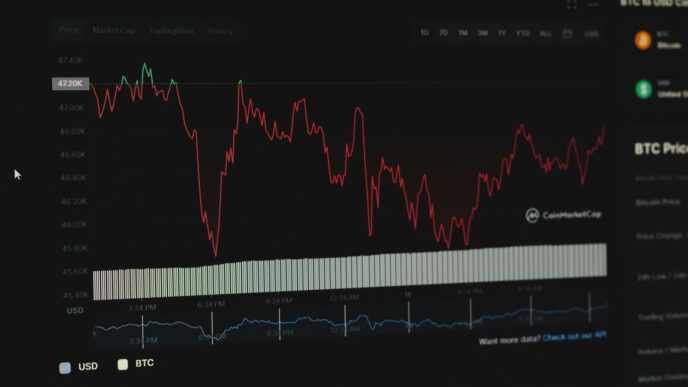OTTAWA — In a bold move, Canada is contemplating cutting off its energy supply to the United States if President-elect Donald Trump imposes sweeping tariffs on Canadian goods. Prime Minister Justin Trudeau emphasized that "everything is on the table" during a meeting with provincial and territorial premiers, signaling a potential escalation in trade tensions between the two nations.
Key Takeaways
- Canada may cut energy supplies to the U.S. in retaliation for proposed tariffs.
- Prime Minister Trudeau warns that all options are being considered.
- Alberta Premier Danielle Smith expresses concerns over the federal government’s approach.
- The potential tariffs could significantly impact both Canadian and U.S. economies.
The discussion comes as Trump threatens to impose a 25 percent tariff on Canadian imports unless Canada addresses issues related to fentanyl trafficking and illegal migration at their shared border. Trudeau has countered that less than 1 percent of illegal crossings and fentanyl seizures occur at the Canadian border, arguing that the proposed tariffs are unjustified.
In response to the looming threat, the Liberal government has unveiled a C$1.3 billion spending package aimed at enhancing border security. However, the political landscape in Canada is complicated, with Trudeau recently resigning as Liberal leader, leaving him in a caretaker role until at least March.
Regional Divisions Emerge
The potential for a trade war has sparked concerns among provincial leaders, particularly in oil-rich regions. Alberta Premier Danielle Smith has distanced herself from a joint statement issued by other premiers, indicating that Alberta cannot fully support the federal government’s strategy while threats of tariffs persist. Smith has also suggested that the federal government is considering export tariffs on Alberta’s energy products.
Saskatchewan Premier Scott Moe has echoed Smith’s sentiments, urging Trudeau to call a federal election to secure a strong mandate for negotiations with Trump. Meanwhile, Ontario Premier Doug Ford, who oversees significant trade with the U.S., has called for unity among provinces, donning a cap that reads "CANADA IS NOT FOR SALE" during a recent meeting.
Economic Implications
Canada is the largest supplier of energy to the U.S., providing approximately 60 percent of its crude oil imports and 98 percent of its natural gas imports. The potential tariffs could have dire consequences for both economies, with Quebec Premier François Legault warning that tariffs could reduce U.S. GDP by at least 1 percent over a year, not accounting for inflation.
Legault highlighted that Quebec supplies 64 percent of the raw aluminum to U.S. companies, suggesting that tariffs would only lead to increased prices for American consumers on everyday products, from beer cans to car parts.
The Canadian Chamber of Commerce has raised alarms that widespread tariffs could push Canada into a recession by mid-year, emphasizing the urgency of the situation.
Moving Forward
As the situation develops, Canadian leaders are preparing for negotiations and potential retaliatory measures. The communique from the recent meeting indicated that any new revenue from tariffs would be directed towards supporting Canadian workers and businesses. Additionally, leaders agreed to increase defense spending, advance energy projects, and enhance security at the Canada-U.S. border.
With tensions rising and the stakes high, both Canada and the U.S. are bracing for a challenging economic landscape ahead.












